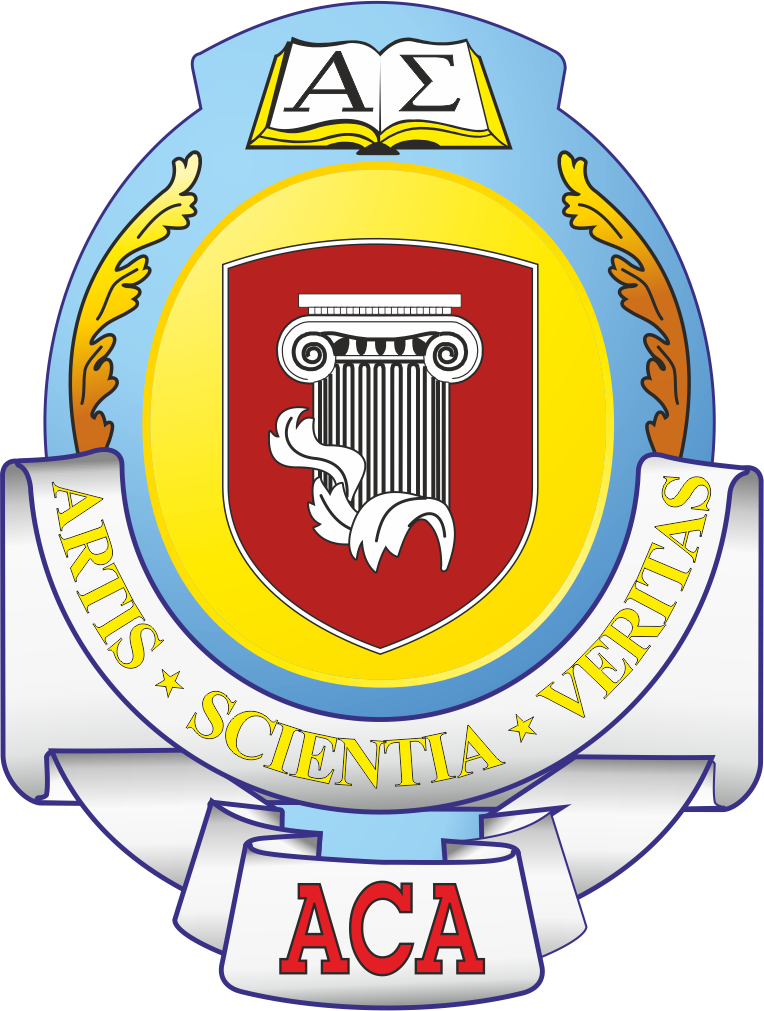Educational programs in a foreign language
08.03.01 CIVIL ENGINEERING
Description
Civil engineering - bachelor’s training program characterized by obtaining a wide range of knowledge from the philosophical conception of the universe and the world processes to understanding the professional growth path in the development of the theory and practice of Civil engineering . The curriculum of the Civil Engineering programm is planned to provide a sound professional education for the students. After completing their first-year courses in basic sciences, students are offered courses in Applied Mechanics, Hydraulics, Hydromechanics, Geotechnical Engineering, Structures, Earthquake Engineering, Geodesy, Transportation Engineering, Materials, Construction Engineering and Management fields. Courses in mathematics, computer programming and non-technical subjects are also obligatory in the program. Throughout their studies, students are encouraged to take part in applied and theoretical research, as well as in practical professional training.
Student Outcomes
- an ability to identify, formulate, and solve complex engineering problems by applying principles of engineering, science, and mathematics;
- an ability to apply engineering design to produce solutions that meet specified needs with consideration of public health, safety, and welfare, as well as global, cultural, social, environmental, and economic factors;
- an ability to communicate effectively with a range of audiences;
- an ability to recognize ethical and professional responsibilities in engineering situations and make informed judgments, which must consider the impact of engineering solutions in global, economic, environmental, and societal contexts;
- an ability to function effectively on a team whose members together provide leadership, create a collaborative and inclusive environment, establish goals, plan tasks, and meet objectives;
- an ability to develop and conduct appropriate experimentation, analyze and interpret data, and use engineering judgment to draw conclusions;
- an ability to acquire and apply new knowledge as needed, using appropriate.
Possible profession after study
Surveyor, CAD technician, Building engineer, Water hygiene engineer, Urban planner, Field service engineer, Construction manager, Construction estimator, Design engineer, Geotechnical engineer, Planning engineer, Engineering project manager, City engineer.
Key disciplines
Calculus, General physics, Civil engineering drawing, Properties and behavior of engineering materials, Engineering mechanics, Engineering communication, Engineering design technology, Architectural engineering, Reinforced conc. fundamentals, Foundation engineering, Fundamentals of steel design, Building information modeling, Civil engineering design, CAD engineering, Building diagnostic techniques and building diagnosis, Construction of earthquake resistant buildings, Civil engineering construction management.
Study language
English
Contacts
Phone: +7 (3652) 54-22-53
E-mail: kants-asa@mail.ru



